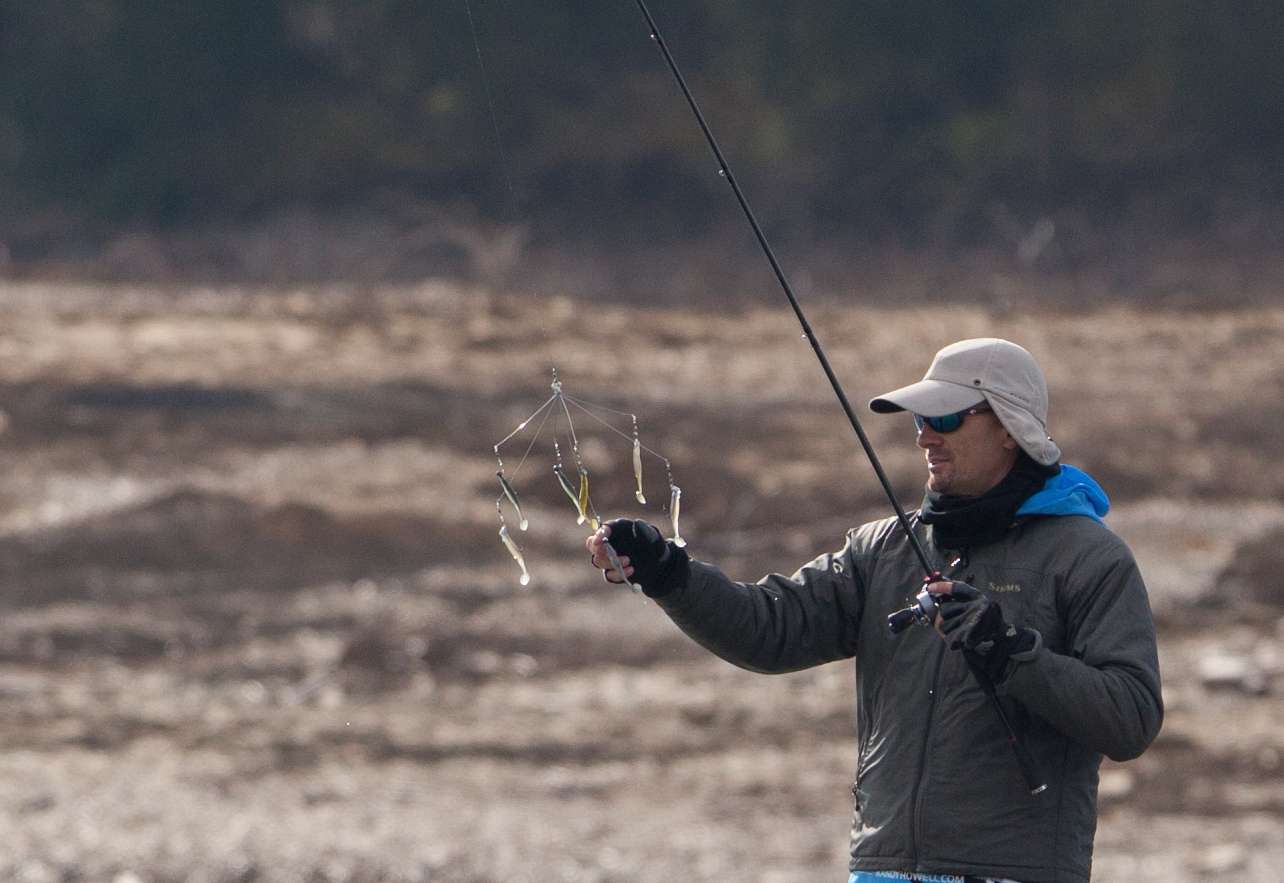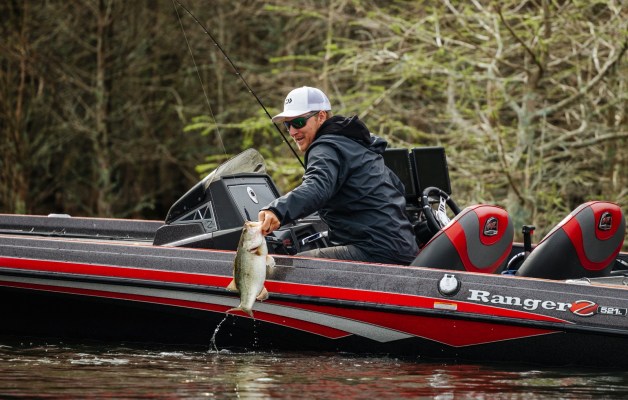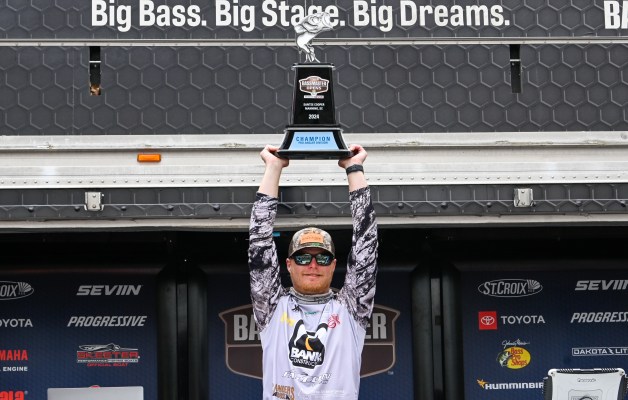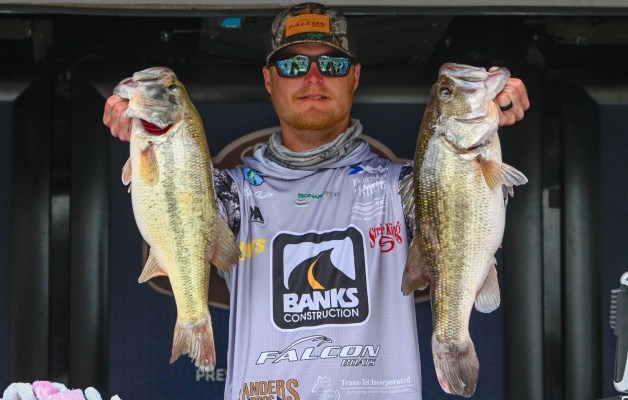
Restrictions on the use of umbrella rigs, also known as Alabama rigs, just got stronger. The Bassmaster Elite Series has never permitted their use. Last week B.A.S.S. announced a further limitation on umbrella rigs: They will no longer be permitted in the Bassmaster Opens or any other B.A.S.S. event that leads directly to a Bassmaster Classic qualification. Some anglers are happy about this change, others not so much.
"I think that's fantastic," said Chris Lane, the 2012 Classic champion. "If you make the Classic or qualify for the Elite Series, it shouldn't be on something that everybody can't use."
Four-time Classic champion Kevin VanDam agreed, saying, "It's a good call. If it's not allowed on the Elite Series, the rules should be the same across all platforms."
But that decision wasn't met with unanimous approval from Elite Series pros. Even though the FLW tour banned the use of umbrella rigs after allowing them for one year, both Shaw Grigsby and Paul Elias, the 1982 Classic champ, believe A-rigs should be allowed at all B.A.S.S. events, even the Elite Series.
"I think it's sad," said Grigsby. "I think it's a sad day when we start taking innovation out of the sport. It's not the greatest thing to ever hit. It's a very situational lure. It has also taken away some other neat tools, like the two-fluke rig and the (Norman) Front Runner.
"It's the principle of eliminating tactics that are legal, according to state regulations, that bothers me the most."
Elias agrees with Grigsby. It was Elias' win in an FLW event on Lake Guntersville in 2011 that set off the A-rig explosion.
"It's taking away a tool to catch fish," Elias said. "The majority of anglers want to beat the banks, and they don't want to fish against it.
"You can catch fish on it year round, but it's a lot better cold-water bait than it is during the rest of the year. There are just not that many tournaments when it would be a factor. The only one (on the Elite Series) last year that I can think of would have been Table Rock."
Grigsby and Elias realize they represent a minority in their support of umbrella rigs. And, as many other bass tournament circuits have discovered, the original 5-lure Alabama rig was only the tip of the iceberg. Umbrella rigs started to look like chandeliers as anglers experimented with more wires attached to more baits.
"Fishermen are very innovative," Lane said. "What's to keep me from stringing six of those (umbrella rigs) together, letting all the line off my reel as I troll to the other side of the lake, and then reeling in 12 bass?"
Lane was exaggerating, admittedly, but his point is that it's better to draw the line at one angler, one lure.
As the Professional Golf Association has found out the hard way with long/belly putters, it's much less painful and less controversial to ban a particular club in the beginning, rather than after it has become widely used.
"It's a good call," said Mark Davis, the 1995 Classic champion. "I'm not a fan of the A-rig. Every sport has its rules. I don't think it has a place in tournament fishing.
"I wouldn't compare it to live bait, but it's close."
It's especially close to live bait when the water is cold, as Davis has seen on his home lake in Arkansas.
"I'm sure a lot of people like the A-rig," Davis said. "It's probably like a lot of other techniques and lures, where fish get used to seeing it, and it loses its effectiveness. But on Lake Ouachita when the water is cold, it still wins every tournament."
Skeet Reese, the 2009 Classic champion, agrees with the umbrella ban extending to the Opens. He has a slightly different take on why he supports the latest ruling.
"A lot of people have caught a lot of fish that they wouldn't have without umbrella rigs," Reese said. "For the Opens, there's a lot of guys with a lot on the line in those events, whether qualifying for the Classic or for the Elite Series. I think it's good that everybody there will fish like we do in the Elite Series — one angler, one rod, one lure."




